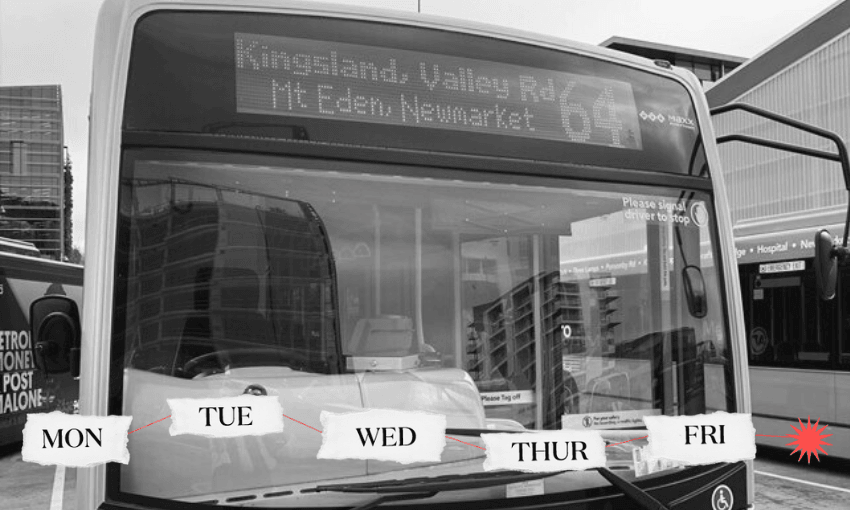It’s expected thousands of nurses, midwives and healthcare assistants have turned out to demonstrate in 20 locations across the country, including marching to Parliament in Wellington, to demand Government action on improving their working conditions.
The rallies are not strike action but are expected to see many of the 57,000 New Zealand Nurses Organisation union members who work across hospitals, aged care, hospices, Plunket and Māori and iwi providers to march, and give speeches, between 11am-2pm.
It comes as nurses continue to flee to Australia and other careers amid a worsening crisis in health that has seen nurses doing more with less, said union president Anne Daniels. “I would love to say things are improving, but they’re not. They’re absolutely not,” she said.
The country needed more nurses, midwives and allied healthcare workers to provide safe care and alleviate chronic issues the sector was facing, including burnout and exhaustion of staff, Daniels said.
READ MORE:
* Nurses rally to raise more awareness of growing health crisis
* Nurses’ union calls on public to back rally over health crisis
* Te Whatu Ora boosts nurses’ pay by thousands but ‘irritation’ remains
Ricky Wilson/Stuff
Nurses march through Auckland as part of a nationwide demonstration on Saturday.
Demonstrators are asking for fixes to turn the situation around, including: making sure Te Tiriti was actualised within and throughout the health system, employing more Māori and Pacific nurses to meet the particular health needs of those communities, and offering pay and working conditions that met nurses’ values and expectations.
“Health is everyone’s business. It affects you from the time of conception until death,” Daniels said. “We cannot afford to lose any more nurses to overseas or other careers.”
Nearly 5000 nurses have registered to work in Australia since August and Daniels said the turnover showed the sector could no longer wait for action.
“They need to commit, and we need to have time-frames around those commitments.”
In Christchurch, more than 100 supporters gathered at the Bridge of Remembrance to make their voices heard, calling on government to address the nursing crisis.
Some with their dogs, others with banners, and some with homemade signs.
One Christchurch Hospital nurse from the Philippines, who was at the rally, said the situation in New Zealand was similar to that in his home country where nurses weren’t being heard by the government – that something needed to be done to stop nurses going abroad due to wages and lack of support.
He said he was there to fight for support as there was a serious struggle with staff shortages. He was “concerned with the care of patients”.
“Patients’ care needs to be well-staffed”, and it wasn’t, he said. “The government need to listen to us.”
About 1000 nurses are marching in Wellington, stopping traffic and arriving to a brass band at Parliament.
“What do we need? More nurses. When do we need them? Now!” the crowd chanted to toots and claps from cars and pedestrians watching the fanfare.
About 150 people gathered at the Auckland Domain, having marched there from Myers Park with a police escort. The group are demanding the government do better by the health system, so that society can “not just survive, but thrive”.
Esther Linklater, a nurse of 20 years within the Waitematā district, told the crowd that political support and resourcing commitments were needed to address the shortages in the healthcare system.
“It’s about equity and equality.”
Decades of poor planning and funding had led the healthcare system to a crisis of pay, resources and morale. Over the last three years, the gaps had become increasingly hard to ignore.
“We demand to be taken seriously,” Linklater said. “I became a nurse because I wanted to help people. It’s actually getting harder and harder to help.”
Ricky Wilson/Stuff
Midwives and nurses are asking government for urgent action.
Despite pay equity rates that came into force in 2019 helping to address historical gender discrimination of the nursing profession, nurses were leaving because of the mounting pressure put on them while at work, including long and unsafe hours with not enough staff rostered on, resulting in emergency departments overflowing and surgeries being delayed.
Nurses had been there through every disaster, including the pandemic, however they no longer had the resources to provide safe care, said Daniels. “It hurts your heart when you can’t do that.”
Even patients recognised the strain nurses were under by telling workers that they hoped they weren’t wasting their time when they were in need of critical care, Daniels said. “That hurts me. They don’t want to be part of the problem.”
Decades of poor planning, inadequate funding and “outright neglect” across successive governments had led to an all-time low of morale and staffing resource, said the union’s chief executive Paul Goulter, who added the country was short of about 5000 nurses.
Ricky Wilson/Stuff
The demonstrations are being held in the main centres. Pictured here, Auckland nurses.
At the rallies a petition would be circulated calling on political parties to commit to fixing the crisis by having tangible policies that would help address the sector’s issues.
The demonstrators were asking for the public to turn up to the rallies in solidarity.
In December the government moved nurses and midwives onto the immigration green list, meaning they can get immediate residency in New Zealand.
Health Minister Ayesha Verrall has previously said tackling the health workforce was a number one priority.
In March nurses were given pay increases to achieve pay equity, with Verrall at the time describing the salaries as being competitive with Australia.




















Discussion about this post